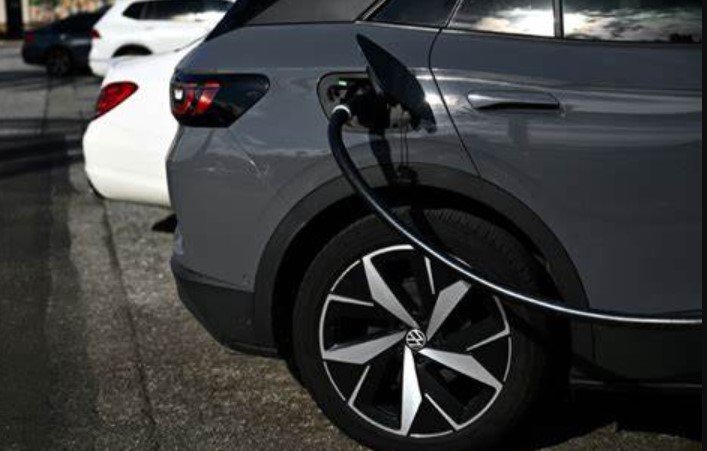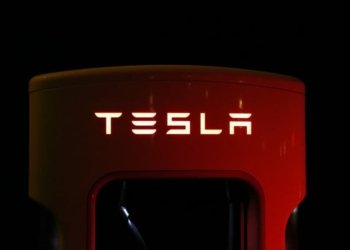Electric vehicles (EVs) have been hailed as a crucial part of Europe’s green transition plans, but their journey is far from smooth. Despite ambitious goals and a looming deadline, sales of plug-in “zero-emission” vehicles have hit a roadblock. Let’s delve into the challenges and opportunities surrounding EV adoption in Europe.
The Struggle for Market Share
In June 2022, the European Parliament mandated that all new cars and vans sold in the European Union should be zero-emission vehicles by 2035. However, recent data reveals a concerning trend: the market share for electric cars has shrunk from 14.16% last year to 12% or less since the start of this year. Germany’s decision to abruptly halt subsidies for electric car purchases played a significant role in this setback.

Sigrid de Vries, director general of the European Automobile Manufacturers’ Association (ACEA), expressed concern about the slow progress. Fewer than 30% of Europeans plan to buy an electric vehicle, and more than half refuse to pay more than €35,000 for a car. With the 2035 deadline approaching, the automotive industry faces the daunting task of transitioning from 15% zero-emission cars to 100% within a decade.
Norway Leads the Way
While Europe grapples with EV adoption, Norway stands out as a leader. Despite being a non-EU member, Norway has embraced electric mobility. Led by Tesla, electric vehicles accounted for a staggering 90% of new car registrations in Norway during the first quarter of this year, thanks to generous tax incentives. The country aims to achieve 100% electric vehicle adoption by 2025.
Carmakers like Volkswagen and Volvo have already ceased sales of their combustion models in Norway, signaling a commitment to the electric future2
Germany, France, and the UK
Germany, as Europe’s largest market, plays a crucial role in EV adoption. Volkswagen benefits from its home-field advantage, with two Volkswagen models surpassing the Tesla Model 3 in sales during the first five months of this year. Meanwhile, France sees the Tesla Model 3 leading the pack, with the hometown hero Renault Zoe closely behin. Peugeot and Fiat’s entry into the market has intensified competition, challenging the Zoe’s dominance.
In the UK, electric vehicles have exceeded 500,000 units, contributing to the country’s efforts to reduce emissions. France, Germany, and the UK remain pivotal players in the electric mobility landscape.
The Road Ahead
As Europe navigates the bumpy road to electric car adoption, policymakers, manufacturers, and consumers must collaborate to overcome obstacles. The dream of clean air and reduced emissions is within reach, but it requires concerted efforts and innovative solutions. The electric revolution is not just about cars; it’s about reshaping an entire industry for a sustainable future.



































